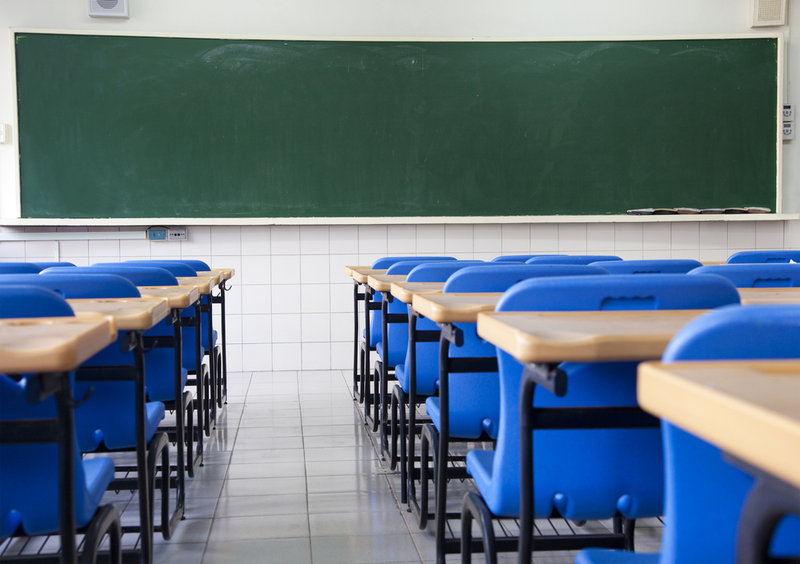About a week after releasing its controversial A-F grades for Maine public schools, the Department of Education has announced how it plans to aid the schools that it has singled out as having fallen behind.
By announcing the plan at a news conference Wednesday, Education Commissioner Stephen Bowen tried to defuse the charge that the LePage administration has focused on identifying struggling schools at the expense of helping them improve. But the administration is deceiving itself if it believes its plan for the schools that got D’s and F’s is anything more than a waste of time and money.
It ignores the socioeconomic needs that contribute to lack of student success. It calls on teachers to enter into a dialogue with a governor who’s often openly critical of them. And it doesn’t give schools enough money to make the changes it wants to see.
The Department of Education ranking system is based largely on each school’s performance on standardized tests. The agency developed the system internally, without input from Maine teachers, superintendents or school board members, whose experiences confirm what researchers have known for years: Students from poor communities do less well in school than students from wealthier areas.
It’s no surprise, then, that the system doesn’t take into account that many students aren’t fully ready to learn because they’re hungry or homeless, or because nobody’s ever read to them.
Now the Education Department plans to meet with representatives of the D and F schools and create individual action plans based on the schools’ “more pressing technical assistance or professional development” needs.
But Gov. LePage’s proposed budget calls for the department to spend only $3 million on this effort. Frankly, this isn’t a lot, given that five schools in Portland alone received D’s or F’s and that the city plans to spend $91 million on education next year.
Now consider the fact that 117 Maine schools got D’s or F’s on their state report card. The money the state has allocated to school improvements won’t go very far — though Bowen said Wednesday that he thinks schools can improve with the resources they have.
Another provision of the improvement plan — a teachers panel that will meet regularly with Gov. LePage and serve as an advisory board on the state’s school improvement efforts — seems laughable.
It’s hard to believe that an educator would feel comfortable sitting down with a governor who’s been hostile to teachers unions and public schools, or that the governor even is soliciting their views in good faith.
Maine’s school ranking system and school improvement plan are both centered on the same flawed premise — that standardized test scores accurately reflect what a school has to offer. Moreover, the administration isn’t even committed to fully funding these ill-founded programs.
The announcements made at the Department of Education’s recent news conference should serve as yet another sign that the state’s top education policymakers are not willing to consider education policies that would make a difference to Maine’s children.
Send questions/comments to the editors.



Success. Please wait for the page to reload. If the page does not reload within 5 seconds, please refresh the page.
Enter your email and password to access comments.
Hi, to comment on stories you must . This profile is in addition to your subscription and website login.
Already have a commenting profile? .
Invalid username/password.
Please check your email to confirm and complete your registration.
Only subscribers are eligible to post comments. Please subscribe or login first for digital access. Here’s why.
Use the form below to reset your password. When you've submitted your account email, we will send an email with a reset code.